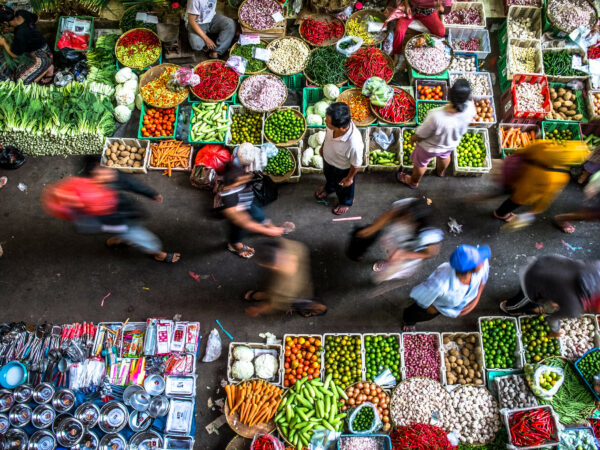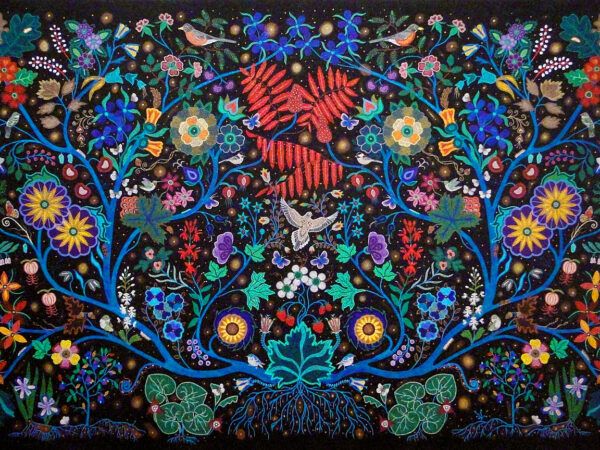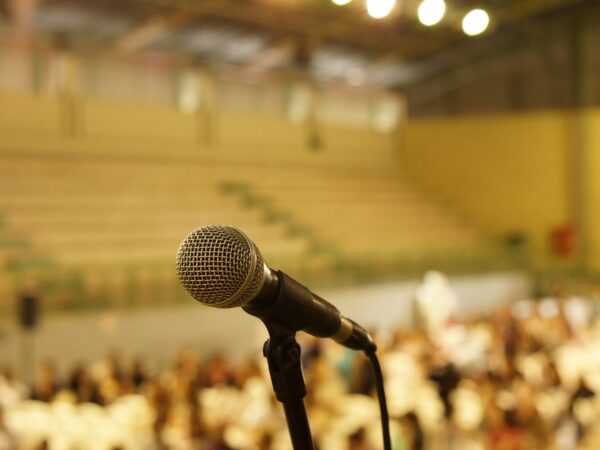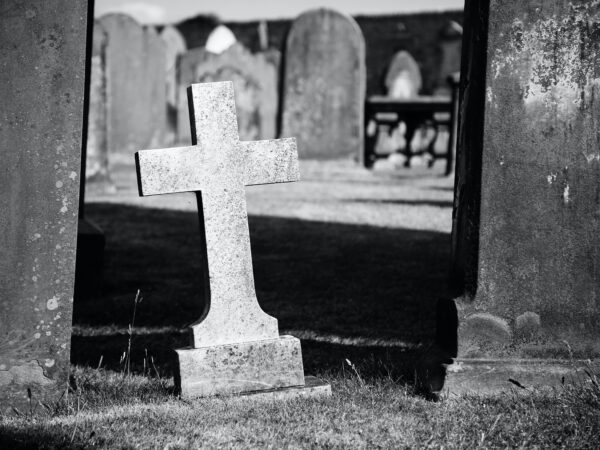
To be personally acquainted with disownment and the discourse of death—simultaneously, from divergent communities—and still desire to be “servant of all” is, perhaps, one way to journey through death on the Way. Nevertheless, Jesus’ teaching to love neighbor and enemy is both beautiful and horrible, not unlike the Christ’s foretelling of his death on the way to resurrection.
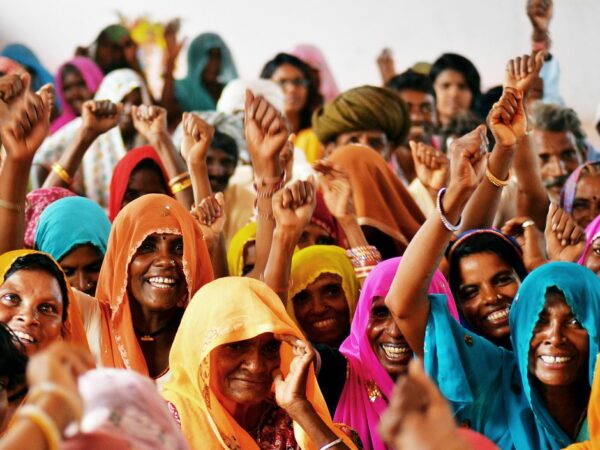
When leading members in the church uncritically participate in class based favoritism, they become complicit in oppression. The message of James is simple and arresting. Judgement awaits those who ignore God’s preferential option for the poor and become participants in prevailing discriminatory logics.

Put on your feet whatever will make you ready to proclaim the gospel of peace. These shoes are not weapons, nor are they articles of protection. We are instructed to put on a pair of shoes that makes us ready to proclaim the gospel of peace. We are not prescribed jackboots to save ourselves. Nor are we charged with some soft slipper of gentleness. We are instructed to find shoes that make us ready to proclaim the gospel of peace.

Jesus’s followers seek a “prophet” who serves human desires for control and vengeance: the power his followers think is essential in order to defeat their human oppressors. They forget that the prophet only ever serves the Divine will, which has a vision wider than the cosmos, concerned with re-establishing the harmony that was written into the fabric of creation from its very beginning.
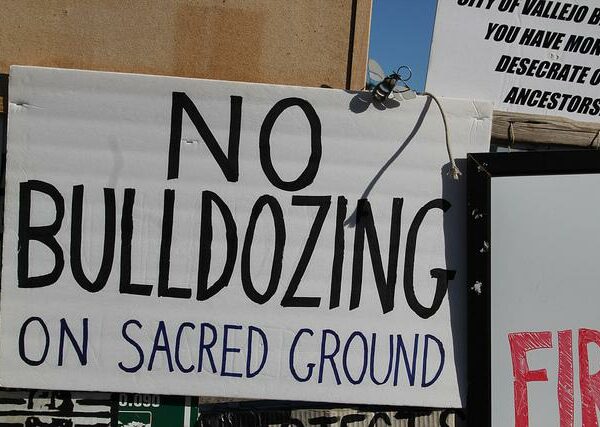
By spiritualizing place, and thereby transmogrifying place-based identities into racialized ones, Christianity cooperated with the machinations of settler-colonial capitalism in its world-making project. Thus, returning to a consideration of land as one location of God’s action is basic work for any political theology that aspires to move in a decolonial direction.
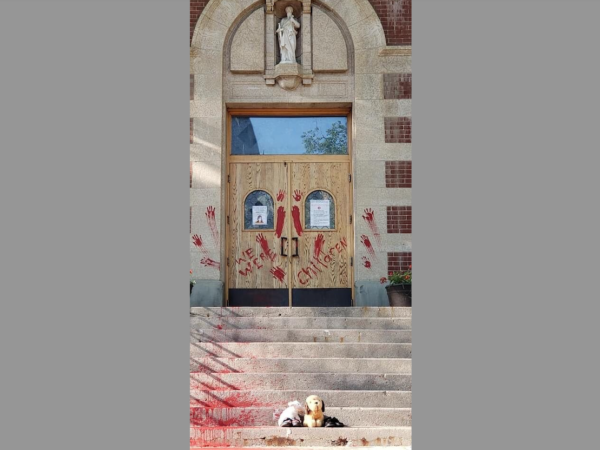
The God we meet in Amos and John demands righteousness, solidarity and justice as the foundations of faithful living. Neutrality scuppers justice. When we drift away from God, our fellow human beings and the life-giving environment, prophetic truth-telling tempered with an imagination for a different world becomes a necessity.
